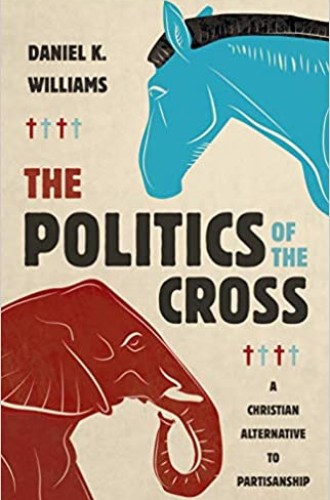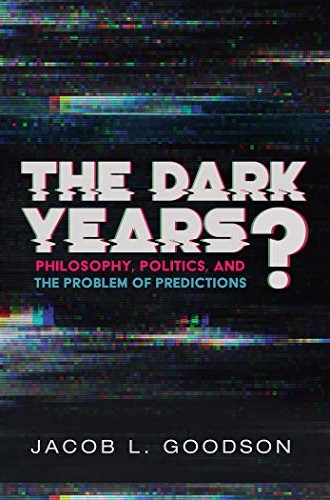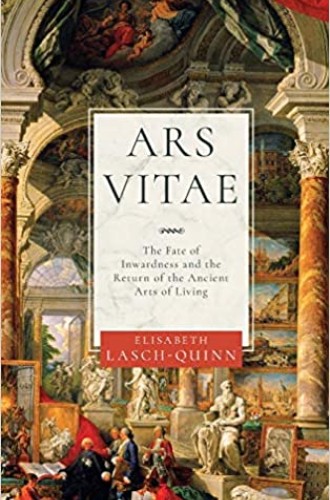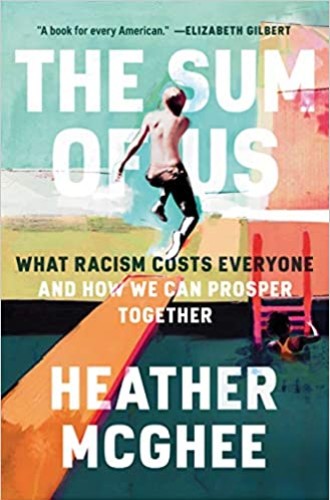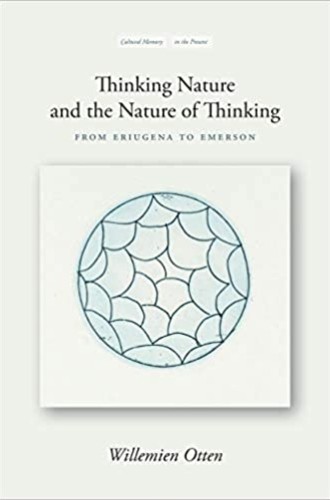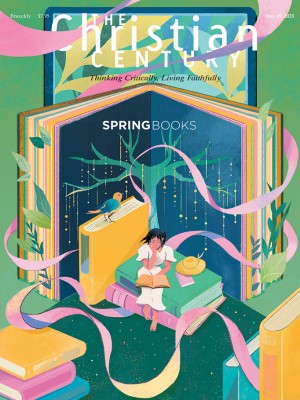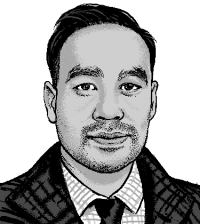Wading through tough political topics like abortion, racism, and poverty, The Politics of the Cross: A Christian Alternative to Partisanship (Eerdmans Press) brims with generosity and wisdom. A Reformed evangelical who has learned much from Catholic social teaching, Daniel K. Williams charts a path between many a partisan divide. Everything in this book comes off as imminently reasonable, well-informed, and well-argued.
A highly regarded historian, Williams maps out where our partisan convictions came from and where they are headed. He counsels those Christians “convinced that we have a moral duty to vote Republican” for religious reasons to remember that “the Republican Party’s policies on economics and race are not in the best interests of most blacks and Hispanics.” He also has some painfully obvious yet somehow overlooked things to say to liberals.
Read our latest issue or browse back issues.
Williams’s goal is not to disabuse us of our political convictions but to historically contextualize them—in order to better situate them in the promise and demands of the gospel. There is a deep humanity to this book. It’s a humanity that Williams hopes our politics might return to.
In one of the liveliest books of the year, Jacob L. Goodson presses the question of hope. The Dark Years? Philosophy, Politics, and the Problem of Predictions (Cascade Books) begins with a remarkable prediction that Richard Rorty made in 1996. Two decades before Donald Trump’s presidency, the famous philosopher guessed that during the 2016 presidential election, “something will crack. The nonsuburban electorate will decide that the system failed and start looking around for a strongman to vote for.”
The morning after Trump’s shocking election, reporters flocked to Rorty’s writings (since Rorty died before seeing his prediction realized). They wondered how he could have foretold the remarkable turn of events, and they wanted to see what else Rorty predicted.
Just as soon as Goodson revisits these questions, he raises another: Considering how right Rorty was about Trump and the despairing realities that got us there, how hopeful was he about the future, and how hopeful should Christians be? It is this latter question that truly fascinates. Goodson—an expert both on Rorty and in Rorty’s particular brand of philosophy, American pragmatism—is most like Rorty in the liveliness of his prose. He also resembles Rorty in getting quickly to the point and raising provocative questions along the way.
Social historian Elisabeth Lasch-Quinn is an incisive observer of race and culture. In Black Neighbors (1993), she showed how community organizations, many of them religious, stepped up when the US government failed to assist African American families during the Great Migration. In Race Experts: How Racial Etiquette, Sensitivity Training, and New Age Therapy Hijacked the Civil Rights Revolution (2001), she argued that the rise of therapeutic culture unlinked racial justice from those structures and systems most detrimental to non-White life. Both books have proven prescient in light of our ongoing troubles.
Now in Ars Vitae: The Fate of Inwardness and the Return of the Ancient Arts of Living (University of Notre Dame Press) she gets philosophical in order to make sense of these troubles and to examine the prospects that remain. She starts off by portraying “our modern therapeutic culture” in terms of Gnosticism, a religious heresy that sets the self in opposition to the world. Seeking an alternative, she travels back to the ancients in search of answers to our contemporary divisions.
Lasch-Quinn’s forward-looking vision, developed through an impressive range of learning, ties wholeness, flourishing, selfhood, and health to goodness, truth, and beauty, which remain attainable through the most basic impulses and features of human life. That she makes her argument through accessible and upbeat engagements with everyday realities like literature, film, architecture, and coffee mugs (for which she has a real fondness) only proves her point.
When federal courts began desegregating access to public pools in the 1950s, White people closed the pools rather than share them with African Americans. Why? Centuries of racist thinking put it in their heads that conceding anything to Black people necessarily means taking something away from White people. White racist thinking comes with a zero-sum analysis that pits White people in an eternal death grip with African Americans over finite goods like pool access. Of course, shutting down the pools in order to keep Black folks out came with its own cost. White people could no more use closed pools than anyone else could.
Heather McGhee’s The Sum of Us: What Racism Costs Everyone and How We Can Prosper Together (One World Press) shows how the story of America plays out in this scenario. Under the spell of racism’s zero-sum thinking, White people perpetually act against their own best interests. And not just with pools. The White versus Black mindset impels many White people to vote against social programs that not only benefit them but, given their sheer numbers, benefit them more.
Racial prejudice casts public housing, universal health care, education benefits, and other social services as Black issues, when in fact they help all impoverished and disenfranchised Americans, the majority of whom are White. Once White people get stuck on the idea that these are exclusively Black issues and that Black flourishing necessarily cuts against White life, they end up forfeiting the very things they most need. Everyone loses. Anti-Black racism disadvantages all disadvantaged people.
The Sum of Us leans into the often forgotten history of class elites inventing race in order to protect their own self-interests, a divide-and-conquer strategy that pit the masses of working-class people against each other, all the while diverting attention from the true source of White suffering—elites who exploit poor people.
At once counterintuitive and blatantly obvious, The Sum of Us has already become one of the most discussed books of the year. McGhee formerly headed up Demos, which is among the country’s most innovative and influential think tanks. She left that post to travel the country in order to figure out the relationship between White racism and White disenfranchisement.
Now she’s got stories to tell about what she discovered as a consummately hopeful African American woman journeying across America. She concludes her story in Lewiston, Maine, where an unexpected influx of Somali refugees ended up bringing in nearly $200 million in tax revenue and revitalizing the local community and culture. McGhee’s picture of America, where things stand now and where they might go if we come together, is as powerful as it is necessary. As she says, “The sum of us can accomplish far more than just some of us.”
Finding hope amid the intersections of White racism, ancient philosophy, failed systems and strongmen, and partisan divides requires interpretive lenses that see God in the details. The historical theologian Willemien Otten provides this in Thinking Nature and the Nature of Thinking (Stanford University Press). Beneath familiar distinctions between church and world and sacred and secular lie bewitching divisions between nature on the one hand and law, grace, and humans on the other. Otten offers a way beyond our bewitchments and their familiar distinctions and divisions.
She begins by putting the medieval theologian John Scotus Eriugena and Ralph Waldo Emerson, the most American of philosophers, in conversation with Maximus the Confessor, Augustine, Friedrich Schleiermacher, and William James. By rereading the Western intellectual tradition as a conversation about nature, Otten teaches us to see creaturely life as naturally possessed of its own integrity, which necessarily includes God.
The trick then isn’t mastering or even stewarding the world in order to, say, get our politics in line with God. It is instead living into the world’s natural endowments which, as created, always already participate in God. Thus do we learn to “see ordinary nature for the paradise that it harbors inside itself and, therefore, in the final analysis, also is.” Otten invites us into the vision of Augustine, who “aims to see nature’s unfolding as God once saw creation when he said that he saw that everything was good, even very good.” For those with eyes to see and ears to hear, “the nature that is there for all to see does not only have a place of its own but also a voice.”
When we attune ourselves to the world as God’s, this opens us to its many stories, troubles, and political futures. In each instance does the world, at once obviously and counterintuitively, speak for itself and with God.


